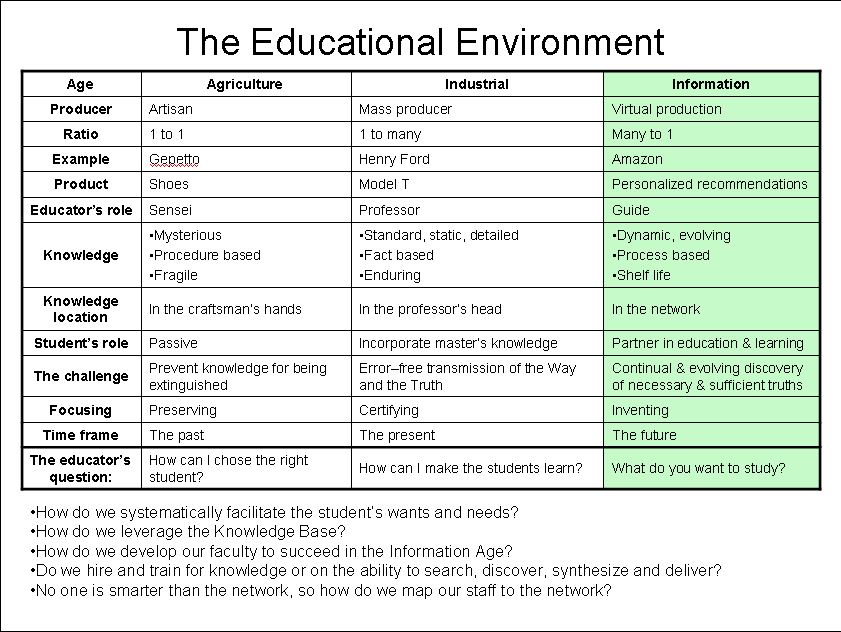As we look at curriculum as part of our annual review, we have to consider how do we accomodate as much flexibility as possible for students and instriuctors (with their variety of interests, expereinces, and needs) and the institutional requirement to have field grade officers competent at some level with managing the existing system.
What’s the trade off between educating on “systems as designed /operating” and “system as could/should be?” How much autonomy are we really giving students to design the educational experience they need? We trust our officers with the security of the nation and the lives of our children, so why don’t they have more voice in their education? This line of reasoning leads you to more electivess and more offerings, and let the market decide what is working.
Dr Chris Paparone’s thoughts in these areas are essential considerations for us as we design curriculum. He in particular challenges us to question our reliance on science and scientism, systems engineering and quantitative approaches, and to engage critically with our own biases and metaphors in the construction of knowledge. These are non-trivial issues. I encourage you to reflect on his writings in Military Review and Army Logistician as well as his initial commentary in this blog.
One size fits all education isn’t education at all, but indoctrination. And how do we break the industrual age model which has identical “correct” curriculum being taught identically in identical rooms of homogenous staff groups? Ho do we get people up and out of their boxes to engage in dialoguie between staff groups and with the faculy at large, in settings that challenge our comfort zones?

